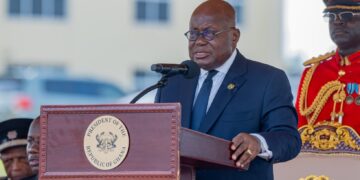Alan Kwadwo Kyerematen, an independent presidential aspirant and former Trade and Industry Minister, has criticized the government for imposing a new Value Added Tax (VAT) on electricity consumers beyond the lifeline threshold.
In a social media post, he stated that it is not a good time for the government to burden the citizens with new taxes, especially when Ghanaians are already facing hardships.
Mr Kyerematen believes that every government policy, plan, or decision should aim at achieving the following; reduce the cost of living, reduce the cost of doing business, reduce exchange rate, and create sustainable jobs for the youth. He noted that putting VAT on electricity would not achieve any of the above objectives but rather worsen the plight of the ordinary Ghanaian.
Mr Kyerematen also highlighted that his Great Transformational Plan (GTP) would serve as a reliable roadmap to guide the country towards achieving the goals mentioned above and more.
Numerous groups and individuals have condemned the VAT on electricity, with the Trades Union Congress (TUC) issuing a seven-day ultimatum to the government to withdraw the tax.
Dr Yaw Baah, the General Secretary of TUC, emphasized the detrimental impact of this move on the livelihoods of ordinary Ghanaians, particularly pensioners and those with low incomes. He called on the government and its agencies to retract the implementation of the proposed tax promptly.
Dr Baah also said that organized labour is giving the government until January 31, 2024, to withdraw the letter instructing the Electricity Company of Ghana (ECG) and the Northern Electricity Distribution Company (NEDCO) to implement the VAT. If the Finance Minister fails to give a directive to GRIDCO and ECG to retract the letter by then, they will advise themselves and take necessary action.
The government has outlined the rationale for the imposition of a 15 per cent VAT on electricity consumption. This measure is part of the government’s COVID-19 recovery program, aiming to generate additional revenue.
A Deputy Energy Minister, Agyapa Mercer, emphasized that while it was a challenging decision, it is necessary to settle debts owed to independent power producers. According to him, as of July 2023, the amount of money that the government owes to the IPPs alone is in the region of GH¢1.7 billion.














